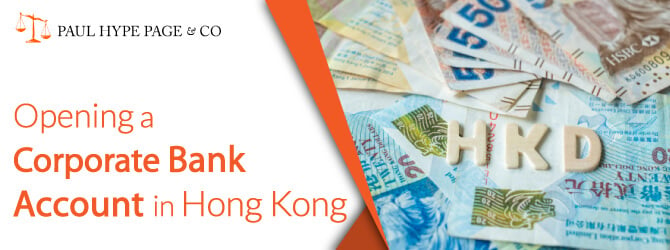Many company owners from all over the world regard Hong Kong as an ideal location for the conducting of business operations in the Asia-Pacific region. Hong Kong offers exceptional economic freedom, ranking as the top location globally for economic freedom. The tax authorities of Hong Kong also do not impose any customs tariffs.
The excise duties of Hong Kong are also relatively lenient in compare to those of other locations in the world. The government of Hong Kong regards property rights as some of the most fundamental rights of people who live there; thus, the property rights of Hong Kong business owners are treated with great importance.
Strategic Expansion: Why Foreign SMEs and Companies Choose Hong Kong for Asia-Pacific Growth
The businesses of Hong Kong also benefit from close connections to companies located in mainland China and other countries of the Asia-Pacific region. Given all of the advantages which have just been mentioned, it should not be surprising to anyone that many foreign companies expand their business operations to Hong Kong if they are interested in expanding to the Asia-Pacific region.
Many of the foreign companies which expand their business operations to Hong Kong are small and medium-sized enterprises (SMEs) which are expanding abroad for the first time to expand their client base and gain access to a new market.
According to the statistics released by the Hong Kong government, the number of foreign companies which operate in Hong Kong has been steadily increasing every year. Many such companies are subsidiaries of foreign parent companies; these subsidiaries operate in Hong Kong for the benefit of their respective parent companies abroad. Many of these subsidiaries are the regional headquarters or regional offices of the company in question. Any subsidiary or foreign business entity which has been registered by use of the proper means will be granted official permission to conduct business operations in Hong Kong.
On that note, if you happen to be a foreigner who is also a company owner and plan to set up a subsidiary or a company of any other type in Hong Kong, we at Paul Hype Page & Co. will be able to assist you with doing so. We understand much about the process of company incorporation in Hong Kong and will thus work with you throughout every step of Hong Kong company incorporation. Once you have utilized our services, you will have a Hong Kong company to call your own.
Key Industries for Foreign Investment in Hong Kong: Aerospace, Creative, and Chemicals
In Hong Kong, there are certain industries in which the demand for foreign companies is higher because of the many opportunities for business growth as well as the high degree of economic contribution to Hong Kong that such industries make.
One such industry is that of aerospace and aviation. This is because Hong Kong International Airport is one of the world’s major airports; many aircraft and many people pass through it every day. Businesses in this industry which often thrive in Hong Kong include those involved in aircraft conversion, aircraft engine repair and maintenance, and aircraft engineering, among others.
The Hong Kong government has also begun to prioritize the development of its creative industries. For this purpose, it has provided an investment of HK$100 million in the Hong Kong Design Center. Advertising, publishing, design, and craft companies are among those which have most benefited from the development of creative industries in Hong Kong.
The chemicals industry in Hong Kong is also one which is suitable for foreign companies. This is because the demand for chemicals and plastics in Hong Kong has significantly increased in recent times. Hong Kong is also one of the world’s leading trading centres for such products.
Some of the products which are provided by foreign companies involved in Hong Kong’s chemical industry include engineering plastics, specialist chemicals, and industrial compounds.Foreign companies in these industries expanding to Hong Kong will likely succeed due to the favorable consumer market conditions.





